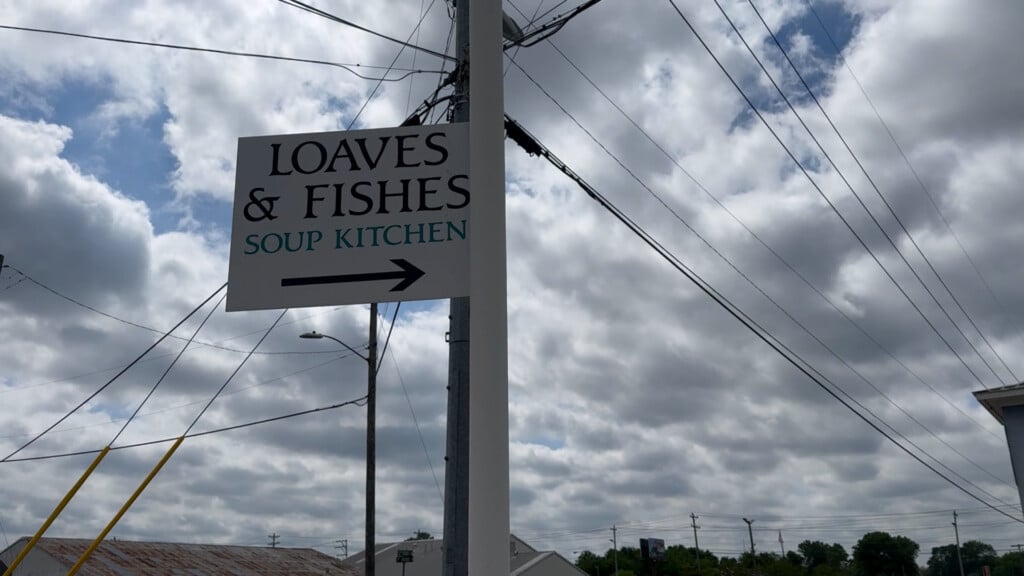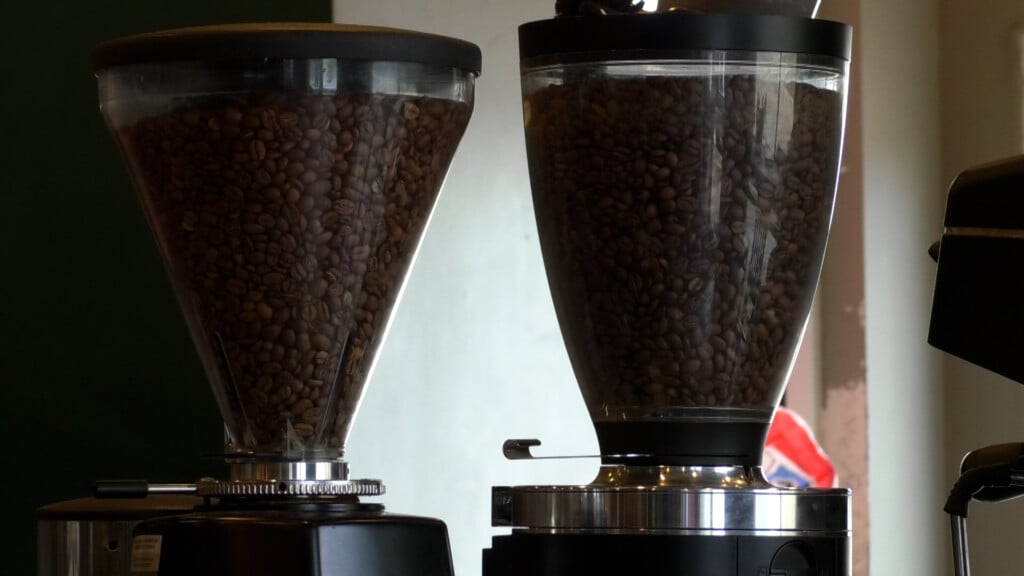Golden Triangle NAACP leaders call on judges to grant more parole hearings for nonviolent inmates
COLUMBUS, Miss. (WCBI) – Wednesday, members of the Clay, Lowndes, Noxubee and Oktibbeha county branches of the NAACP held a demonstration calling on judges to grant more parole requests for nonviolent offenders.
Many held pictures of some of the people who are now eligible for parole, who have spent anywhere from 10 to 30 years behind bars.
“You got a lot of people incarcerated that have served over 25 percent of their sentence and have not even been up for parole when they’re eligible,” says Lowndes County NAACP president Lavonne Harris. “We just want them to give them the opportunity to go before the parole board.”
It’s an experience Earnest Sykes of West Point knows all too well.
“28 years and two months for a $50 sale of cocaine,” he says.
In 2014, the Mississippi State Legislature passed HB 585, which allows people who were convicted of a nonviolent offense and sentenced under a habitual law to petition their judge for parole eligibility after serving 25 percent of their sentence.
“I started petitioning in 2014 when it first came out,” Sykes says. “I was denied four or five times. I had a great prison record and they never gave a reason for the denial.”
“They made the law in 2014. It is now 2022,” Harris says. “What have they done with that particular law?”
Harris and her colleagues say they want the opportunity to explain to the judges of the 16th Circuit Court why granting more petitions to go before the Mississippi Parole Board could help reunite families and reduce the prison population.
“The main thing that we look at is, ‘Are they sick? Are they in danger of dying because of some illness? And if so, would they constitute a kind of special danger to the community,'” says 16th Circuit Court Judge Jim Kitchens, describing what he looks for when reviewing the petitions.
Since 2014, Judge Kitchens says he’s granted only two petitions for parole eligibility. He says it ultimately stems from a lack of faith in the parole board.
“In my experience in the 20 years of doing this job, it’s just a numbers game for them,” he says. “They don’t do a real thorough investigation into whether they should let somebody out or not.”
Judge Kitchens points to two cases in particular where the parole board let nonviolent offenders out early.
One involved Dwayne Perry, in Starkville.
“He broke in on July 5, 2013 into a 91-year-old man in his 87-year-old wife’s home in Oktibbeha County and raped them.”
The other centered around Joe Earl Smith Jr. of Columbus.
“He was released early from prison and he committed capital murder and strangled Linda Snell to death and stole her car,” Judge Kitchens says.
“Everybody’s not going to do what they’re saying those other guys did,” says Sykes.
Harris says they want to work with Judge Kitchens and his colleagues to try and find ways to give a second chance to those who deserve it.
“Some still have families here. Some of them have children, a mom, a dad,” Harris says. “Don’t just let them die in the system.”
Judge Kitchens says he has spoken with members of these NAACP groups before and says he would be more than willing to meet with them to discuss ways to help keep people out of the prison system, to begin with.




